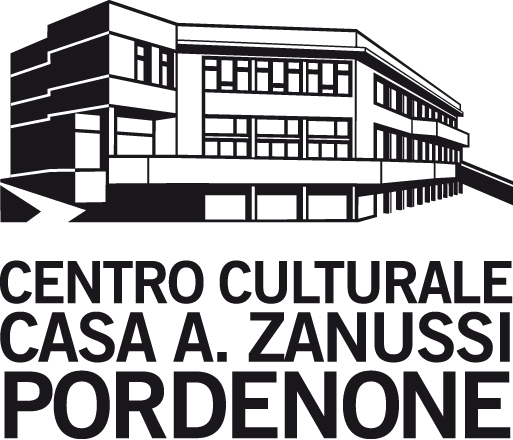Critical Thinking
& Public Speaking
International language experts share their expertise
and help you boost yours
The Regional Institute of European Studies of Friuli Venezia Giulia (IRSE) launches a cycle of training afternoons about Critical Thinking & Public Speaking.
The aim is to boost communication and public speaking skills, as well as to show best debate practices: how to build an effective speech or a prolific debate about different topics in a classroom, in front of an audience or in a working group? How to educate youngsters to manage communication techniques in order to foster their active and democratic involvement in social and political issues? How to use technologies to enhance communication strategies?
But above all how to set up a well-reasoned discussion and how to improve critical thinking, as the ability to engage in reflective and independent thinking, and being an active learner rather than a passive recipient of information.
Each training afternoon will be held in English by international language trainers and communication experts in conversation with the English teacher Maddalena Lot. Some trainers will hold their lesson in-person, others will join online from their own Countries. General coordination by Eleonora Boscariol (IRSE).
Critical Thinking & Public Speaking training afternoons are addressed to all kinds of curious learners, but especially to all school levels teachers, university students, and communication professionals.
It is possible to follow just one training afternoon or more, in-person at IRSE (Via Concordia 7, Pordenone – Italy) or in live streaming: clic under each training afternoon in the line up below to book in-person or to register for the live streaming.
All training afternoons are FREE OF CHARGE, with CERTIFICATE OF ATTENDANCE upon request.
LINE UP
3.30 > 6.30 pm (Central European Time)
PUBLIC SPEAKING: TECHNIQUES AND TECHNOLOGIES
Making lessons in public speaking more effective and interactive
Russell Stannard, educational technologist and teacher trainer (online)
in conversation with Maddalena Lot, English teacher (in-person)
What makes a good speech and how to plan it, which are the essential steps to organize a successful presentation at school as well as at work? The educational technologist and teacher trainer Russell Stannard gives concrete ideas of public speaking techniques and technologies to enhance them.
Public speaking is one of the most important “life” skills. Many of us will be expected to give presentations in public in a variety of contexts. It might be for a job interview, university entrance, representing a company or even informally among friends. In this presentation, Russell Stannard will focus on some of the work he has done with his students over the last 20 years teaching presentation and public speaking skills to English students. This is a presentation packed with ideas that will focus on techniques for students to present, ways of setting up presentation activities, ideas for providing feedback and even methods for presenting the topic. Russell will highlight some simple but useful technologies that can be incorporated into your lessons either in a fully online or in a blended learning context. If you are looking for practical ideas then this is an ideal session to follow.
3.30 > 6.30 pm (Central European Time)
DEBATE PRACTICES FOR SCHOOL, BUSINESS AND POLITICS
Critical Thinking Education: a challenge to citizenship and democracy
Miha Andrič, debate trainer, philosopher and sociologist (in-person)
in conversation with Maddalena Lot, English teacher (in-person)
How to master the art of Debate for school, business and politics and how to develop democratic arguments? The Debate trainer Miha Andrič shows how to teach and use critical thinking when debating in a classroom as well as at work.
How to set up a well-reasoned discussion and how to improve critical thinking, as the ability to engage in reflective and independent thinking, and being an active learner rather than a passive recipient of information.
TO MIHA ANDRIČ












